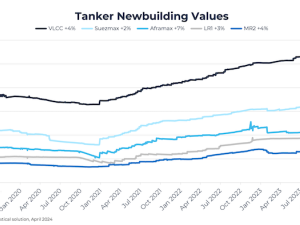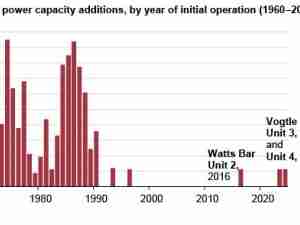China’s private oil refiners will get 35% less in crude import quotas than they received last year amid a government crackdown on the sector.
The refiners were awarded a combined 35.24 million tons in crude oil import quotas in the second batch of issuance for 2021, down sharply from 53.88 million tons in the same tranche in 2020. The move will impact the pace of oil inflows into the so-called teapot sector, which accounts for a quarter of the nation’s processing capacity, on the back of rising scrutiny of their use of quotas.
The huge reduction signals China’s intention to roll out reform across the private refining sector, SCI99 said in a note. It will allow Beijing to more precisely regulate the flow of foreign oil as it conducts an investigation focused on tax evasion and fuel smuggling, the local industry consultant said.
Zhejiang Petrochemical Co., Hengli Petrochemical Co. and Shandong Dongming Petrochemical Group are among the top recipients of the quota, said the officials, who asked not to be identified as the information is private. At least four refiners who received quotas in the first tranche, as well as 2020’s second batch, weren’t awarded any this time, they said.
No one answered to calls to China’s Ministry of Commerce’s press office. There was also no immediate reply to a fax inquiry to the ministry, which is in charge of the allocations.
China regulates its teapot sector through the issuance of multiple batches of quotas each year. The system, which was introduced in 2015, allows authorities to adjust the volume of crude imports by private processors, which in-turn affects the refining operations and output at these companies.
The Chinese teapot sector began 2021 with a significantly larger first batch quota compared with the same tranche last year. Numerous delays to the second and latest tranche, however, prompted them to hold back on purchases, a move that pushed overall crude imports to a five-month low in May.








_-_28de80_-_58820516bd428ab3fd376933932d068c43db9a4a_lqip.jpg)


